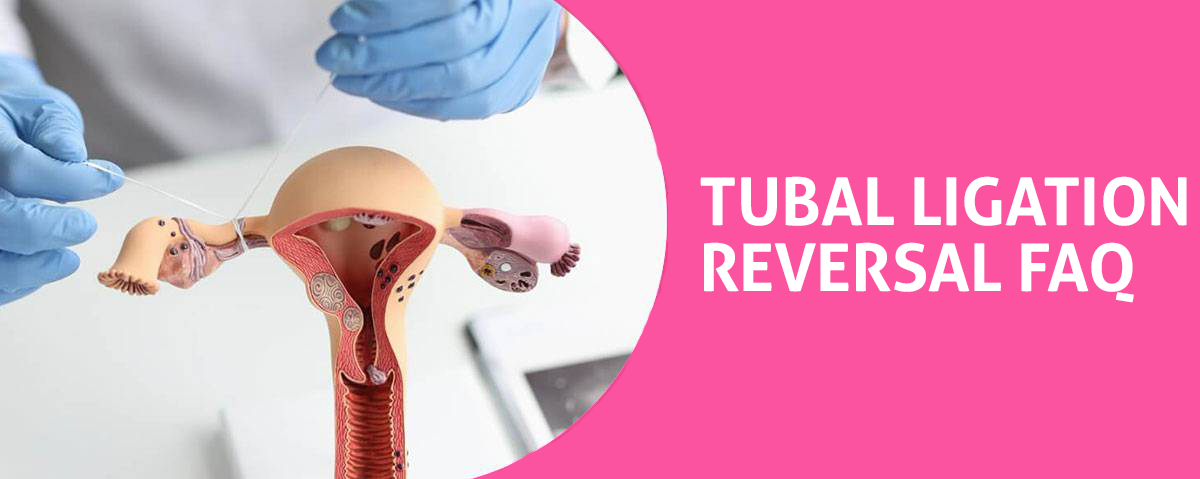Does a Tubal Ligation Cause a Woman to Enter Menopause Prematurely?
Before we delve into the link between tubal ligation and menopause, it’s essential for you to understand the basic science behind menopause. Menopause is a natural biological process marking the end of a woman’s menstrual cycles, usually around age 51. It’s characterized by hormonal changes, specifically a decline in estrogen and progesterone production by the ovaries. These hormonal changes are responsible for common menopause symptoms, such as hot flashes, mood swings, and sleep disturbances. The transition into menopause is gradual and typically occurs over several years, starting with perimenopause, through menopause, and into postmenopause. It’s important to remember that menopause is a personal journey, and each woman may experience it differently.
Tubal Ligation and Premature Menopause: Research Findings
Now that you’re familiar with the basics of menopause, let’s delve into the research findings on the relationship between tubal ligation and premature menopause. Studies have not found a direct link between tubal ligation and the onset of premature menopause. However, hormonal changes after the procedure could potentially lead to earlier menopause in some women. Tubal ligation may disrupt the blood supply to the ovaries, affecting their function. This disruption can lead to hormonal changes, which could in turn trigger early menopause. It’s critical to understand these ligation risks and discuss them with your healthcare provider before making a decision. Remember, every woman’s body responds differently, and these findings do not necessarily indicate a guaranteed outcome.
Expert Opinions on the Matter
While you’re weighing up the potential risks of tubal ligation, it’s also crucial to factor in the opinions of medical experts on this topic. From a surgeon’s perspective, tubal ligation does not disrupt the blood supply to ovaries, hence, it doesn’t directly induce hormonal changes post ligation, or trigger premature menopause. Nonetheless, some women may experience post-tubal ligation syndrome, with symptoms mimicking menopause. However, most experts attribute this to natural age-related hormonal fluctuations rather than the procedure itself. It’s important to remember that each woman’s body responds differently to surgical procedures. Therefore, always discuss your personal health history and potential risks with your healthcare provider before making a decision.
Other Popular Questions About Tubal Ligation Reversal:
How Dangerous Is Tubal Ligation?
How Common Is Weight Gain After Tubal Ligation?
How Common Is Tubal Ligation Failure?
How Common Is Regret After Tubal Ligation?
How Common Is Recanalization After Tubal Ligation?
How Common Is It to Get Pregnant 7 Years After a Tubal Ligation?
How Can You Tell if Your Tubal Ligation Failed?
How Can You Still Have Periods After Tubal Ligation Anatomy?
How Can You Have a Period After Tubal Ligation?
How Can I Tell What Type of Tubal Ligation I Had?
How Can I Reverse Tubal Ligation?
How Can I Prevent Early Menopause After Tubal Ligation?
By using this webiste you agree to Terms and Conditions
